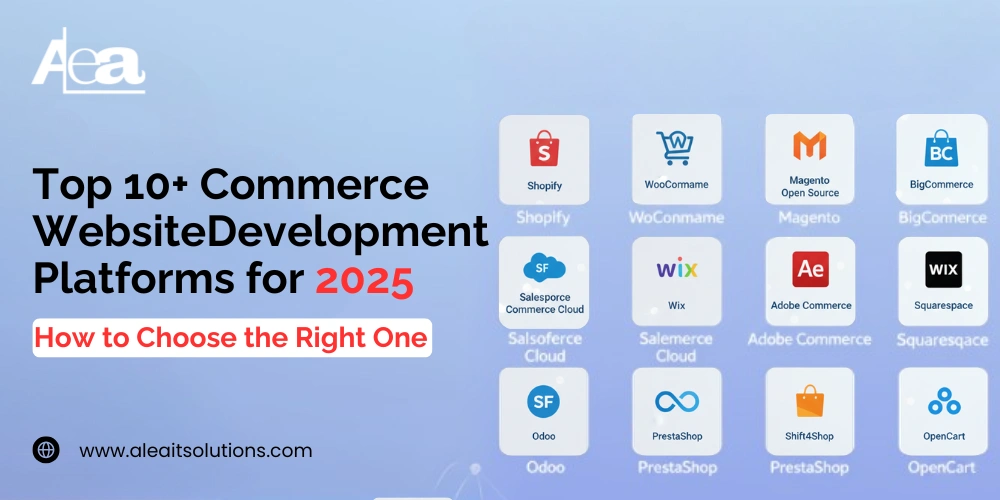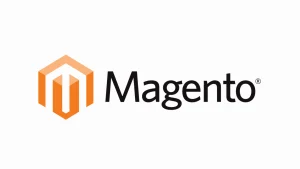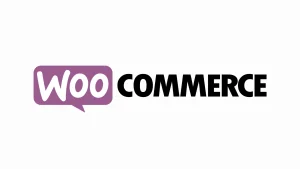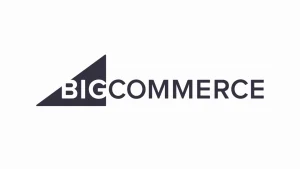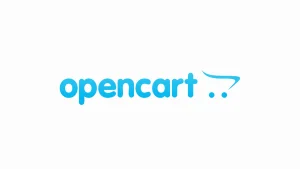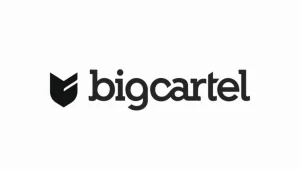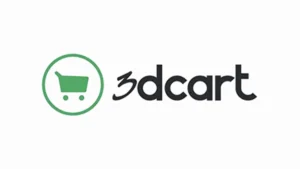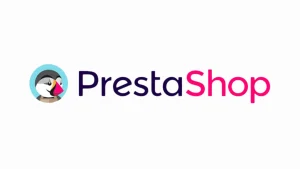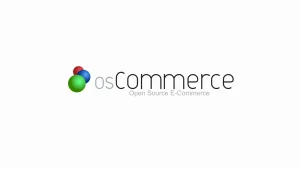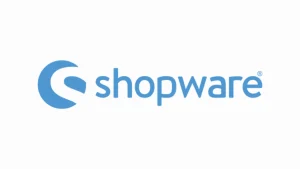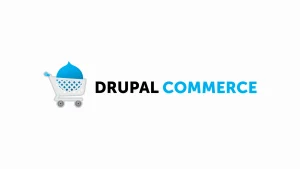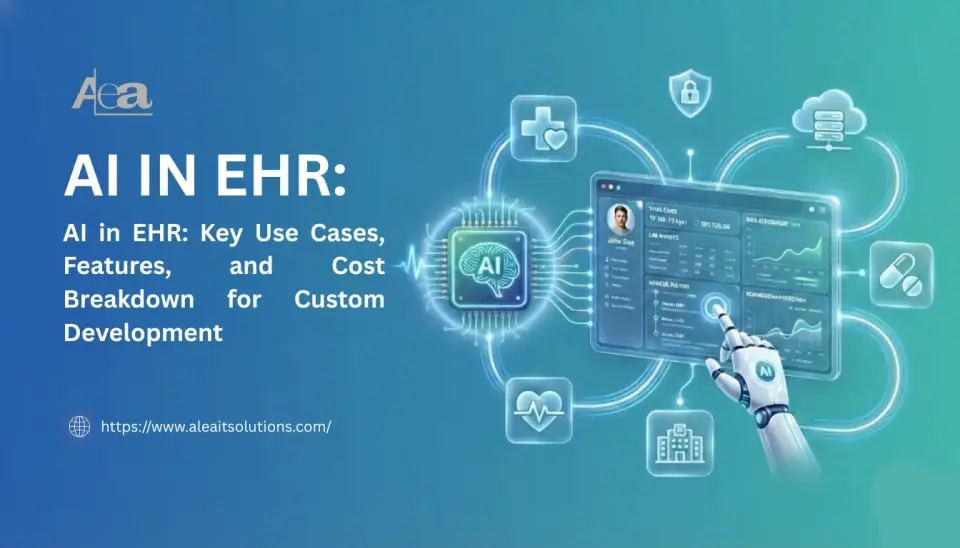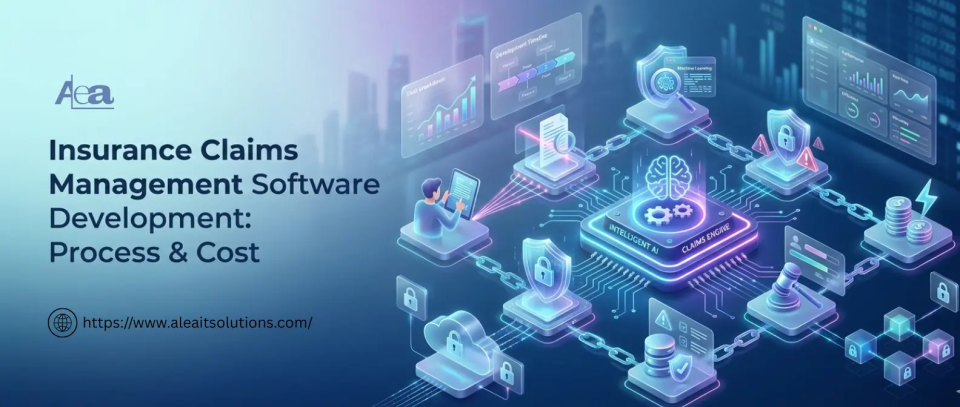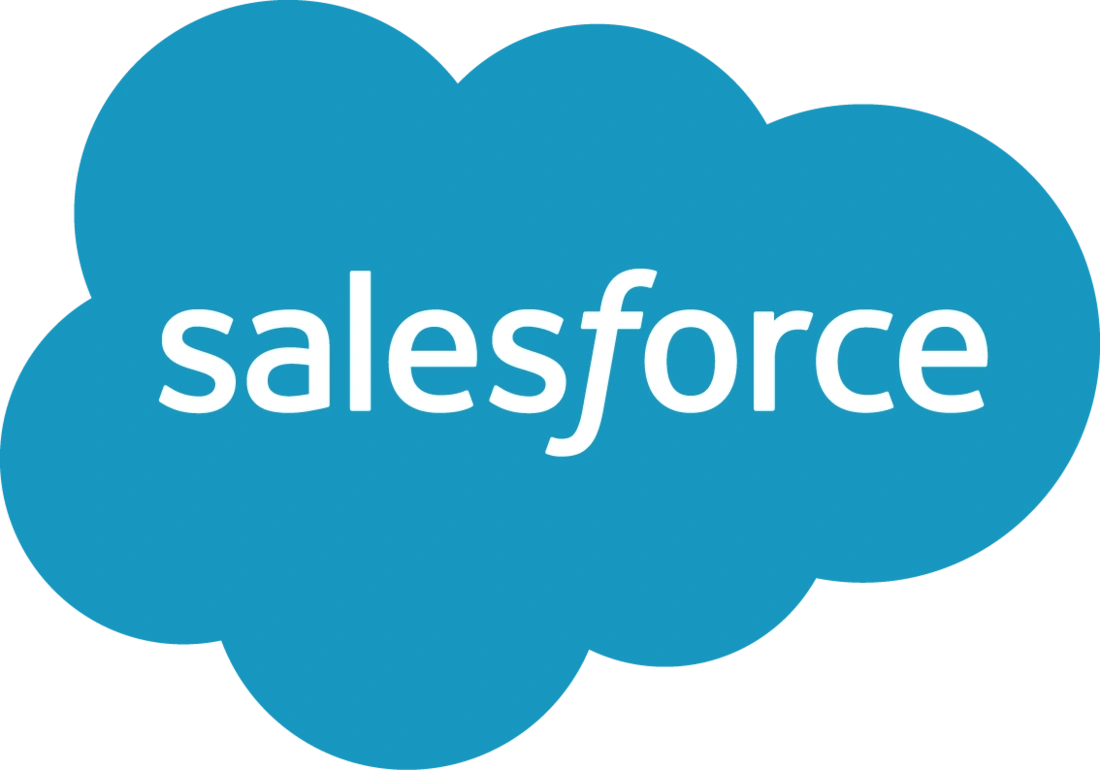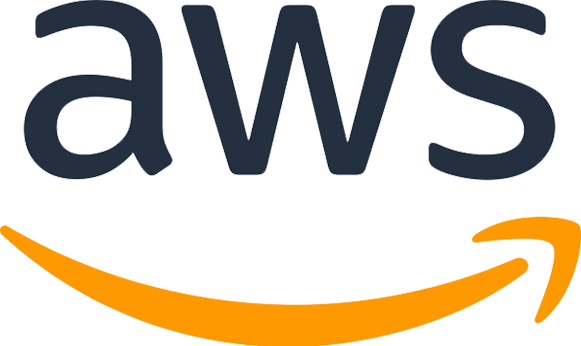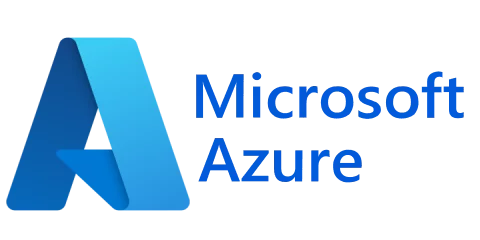Ecommerce Website Development Platforms are now the backbone of online business success in 2025. As digital commerce continues to evolve, choosing the right platform has become more critical than ever.
Mobile-first experiences dominate consumer behavior, and AI-driven personalization is reshaping customer expectations.
While pre-built platforms may offer a quick market entry, custom eCommerce website development allows for true differentiation, scalability, and AI-powered personalization, turning casual browsers into loyal customers.
Ecommerce Market Growth & Development Trends 2025
The ecommerce industry continues its explosive growth trajectory, fundamentally reshaping how businesses approach digital commerce:
- Global Market Size: Over 2.1 billion global digital buyers actively participate in online shopping, representing nearly 27% of the world’s population
- Mobile Commerce Dominance: Mobile commerce now accounts for 73% of online sales, making mobile-first design absolutely critical for success
- Performance Expectations: 53% of mobile users abandon sites that take longer than 3 seconds to load, emphasizing the need for optimized platforms
- Personalization Impact: Businesses implementing AI-driven personalization see up to 40% increase in revenue, highlighting the competitive advantage of custom solutions
- Cross-Channel Shopping: 87% of consumers begin their product research on digital channels, even for in-store purchases
- Subscription Economy Growth: Recurring commerce models have grown 435% over the past decade, requiring flexible platform architectures
This fundamental market shift demands sophisticated platforms capable of delivering lightning-fast, personalized shopping experiences across all devices.
The key lies in understanding when to leverage existing platforms versus investing in custom solutions that provide lasting competitive advantages in an increasingly crowded marketplace.
What is Ecommerce Website Development?
Ecommerce website development encompasses the complete process of building digital storefronts that facilitate online transactions. This involves creating seamless integrations between frontend user experiences, robust backend systems, and third-party services that power modern commerce.
Core Components of Ecommerce Development:
- User Interface & Experience (UI/UX) – Customer-facing design and interaction flows
- Server Architecture – Backend systems handling requests, processing, and data management
- Database Management – Product catalogues, customer data, order history, and inventory tracking
- Payment Processing – Secure transaction handling and financial integrations
- Third-Party Integrations – CRM systems, ERP platforms, marketing automation, and analytics
- Mobile Optimization – Responsive design and progressive web app capabilities
Read Also: Top Web Development Companies in USA
Emerging Trends Shaping Development:
The industry is rapidly embracing AI-powered personalization engines, intelligent chatbots, and predictive analytics.
Headless ecommerce architecture is gaining momentum, allowing businesses to deliver content across multiple touchpoints while maintaining backend consistency.
Composable commerce enables organizations to select best-of-breed solutions for each business function, creating truly customized technology stacks.
Read Also: Top Ecommerce AI Business Ideas to Launch in 2025
Top Ecommerce Website Development Platforms
Choosing the best ecommerce platform requires understanding each option’s strengths, limitations, and ideal use cases. Here’s a comprehensive comparison of leading platforms.
Platform Comparison Matrix
| Platform | Cost Tier | AI Capabilities | Best For |
| Magento 2 | Medium-High | Extensive | Enterprise, B2B |
| Shopify | Medium | Growing | All sizes |
| WooCommerce | Low-Medium | Limited | WordPress users |
| BigCommerce | Medium | Moderate | Growing brands |
| OpenCart | Low | Limited | Budget-conscious |
| Shopware | Medium | Advanced | European market |
1. Magento 2
- Cost: $22,000-$125,000+ annually for Commerce edition
- AI Possibilities: Advanced personalization, recommendation engines, predictive analytics
- Pros: Extremely flexible, robust B2B features, extensive customization options
- Cons: Complex setup, requires technical expertise, high hosting costs
- Recommended Use: Large enterprises, complex product catalogues, B2B commerce
2. Shopify
- Cost: $29-$2,000+ monthly plus transaction fees
- AI Possibilities: Shopify Magic AI tools, personalized recommendations, automated marketing
- Pros: User-friendly, extensive app ecosystem, reliable hosting included
- Cons: Limited customization without coding, transaction fees, theme restrictions
- Recommended Use: Small to medium businesses, quick launches, drop shipping
3. WooCommerce
- Cost: Free plugin, hosting and extensions vary ($500-$5,000 annually)
- AI Possibilities: Limited built-in, relies on third-party plugins
- Pros: Complete customization control, WordPress integration, cost-effective
- Cons: Requires technical knowledge, security responsibility, performance optimization needed
- Recommended Use: WordPress sites, budget-conscious businesses, content-driven stores
4. BigCommerce
- Cost: $29-$400+ monthly, no transaction fees
- AI Possibilities: Built-in analytics, personalization apps, automated abandoned cart recovery
- Pros: No transaction fees, built-in features, good API capabilities
- Cons: Theme customization limitations, bandwidth restrictions on lower plans
- Recommended Use: Growing businesses, multi-channel selling, API-driven integrations
5. OpenCart
- Cost: Free open-source, hosting and development costs vary
- AI Possibilities: Limited, requires custom development
- Pros: Free to use, lightweight, multilingual support
- Cons: Limited built-in features, security concerns, smaller community
- Recommended Use: Small businesses, international markets, developers familiar with PHP
6. Big Cartel
- Cost: Free up to 5 products, $9.99-$29.99 monthly
- AI Possibilities: Minimal
- Pros: Simple setup, artist/maker focused, affordable
- Cons: Very limited features, no advanced functionality, small product limits
- Recommended Use: Artists, makers, hobby businesses
7. 3DCart (now Shift4Shop)
- Cost: Free with Shift4 payments, $29-$229 monthly otherwise
- AI Possibilities: Basic analytics and reporting
- Pros: Built-in features, SEO tools, no transaction fees with Shift4
- Cons: Limited design flexibility, smaller app ecosystem
- Recommended Use: Small to medium businesses, users wanting included features
8. PrestaShop
- Cost: Free open-source, hosting and development costs apply
- AI Possibilities: Through modules and custom development
- Pros: European-focused, multilingual, extensive module marketplace
- Cons: Complex setup, requires technical skills, limited English support
- Recommended Use: European businesses, multilingual requirements, technical users
9. OSCommerce
- Cost: Free open source
- AI Possibilities: Minimal, outdated architecture
- Pros: Completely free, long-established
- Cons: Outdated interface, security concerns, limited modern features
- Recommended Use: Legacy migrations, extreme budget constraints (not recommended for new projects)
10. Shopware
- Cost: Free Community edition, €600-€2,995+ monthly for commercial
- AI Possibilities: Advanced personalization, AI-driven search, automated marketing
- Pros: Strong European presence, excellent B2B features, modern architecture
- Cons: Limited outside Europe, requires technical expertise, higher learning curve
- Recommended Use: European markets, B2B commerce, experience-focused brands
11. Squarespace Commerce
- Cost: $18-$40 monthly
- AI Possibilities: Basic analytics, limited personalization
- Pros: Beautiful designs, all-in-one solution, good for beginners
- Cons: Limited ecommerce features, no advanced functionality, restricted customization
- Recommended Use: Design-focused brands, simple product catalogues, content-first businesses
12. Drupal Commerce
- Cost: Free core, development and hosting costs vary significantly
- AI Possibilities: Extensive through custom development and modules
- Pros: Unlimited customization, excellent for complex sites, strong content management
- Cons: Steep learning curve, requires Drupal expertise, higher development costs
- Recommended Use: Complex B2B sites, content-heavy stores, organizations already using Drupal
Key Tips for Choosing the Right E-commerce Platform
Selecting the perfect e-commerce platform can be overwhelming with so many options available. Here are essential considerations to guide your decision-making process:
- Know your needs: Match the platform to your business size, industry, and long-term goals. A startup’s needs differ vastly from an enterprise’s requirements.
- Consider your budget: Account for all platform costs including monthly fees, transaction charges, app purchases, and development expenses that can add up quickly.
- Ease of use: Choose a platform that’s intuitive to manage without requiring extensive technical skills, especially if you’re handling operations solo.
- Customization: Look for flexibility in design templates, functionality, and the ability to modify features as your business evolves.
- Scalability: Ensure the platform can handle increased traffic, larger product catalogues, and expanded operations as your business grows.
- Payment options: Verify compatibility with your preferred payment gateways and ensure support for international transactions if needed.
- SEO & marketing tools: Opt for platforms with strong built-in SEO capabilities, email marketing integration, and social media connectivity.
- Mobile-friendly: Choose a platform opti4mized for mobile shoppers, as mobile commerce continues dominating online sales.
- Support: Reliable customer support through multiple channels is crucial for quick problem-solving and minimizing downtime.
- Security: Look for essential security features including SSL certificates, PCI compliance, and robust fraud protection systems.
Read Also: Best Mobile App Development Ideas for 2025
Choosing the Right Ecommerce Website Developer
Selecting the right eCommerce website developer is crucial to your platform’s long-term success.
The right development partner can ensure your eCommerce website is secure, scalable, and optimized for performance.
Whether you’re an enterprise or a small business, eCommerce website development needs vary significantly, making it important to choose a developer with expertise in building tailored online stores.
A skilled developer will not only meet your unique business needs but will also provide a platform that grows with you, ensuring better user experience, increased conversions, and higher ROI.
Key Decision Criteria:
- Custom Development Experience – Track record with bespoke solutions and complex integrations
- Architecture Expertise – Understanding of monolithic, headless, and microservices approaches
- AI Integration Capabilities – Experience implementing machine learning and personalization engines
- Scalability Focus – Ability to build systems that grow with your business
- Performance Optimization – Skills in speed optimization, SEO, and conversion rate optimization
- Global Commerce – Experience with multi-currency, multi-language, and international compliance
Research shows that 40% of shoppers abandon websites due to poor user experience (Source needed – verify and cite). This statistic underscores the importance of selecting developers who prioritize user-centric design.
Essential Functionality for Modern Ecommerce Websites Development
Today’s customers expect sophisticated features that streamline their shopping journey.
Understanding must-have versus nice-to-have functionality helps prioritize development resources effectively.
Critical Features:
- Mobile-First Responsive Design – Seamless experiences across all devices and screen sizes
- AI-Powered Search & Recommendations – Intelligent product discovery and personalized suggestions
- Custom Checkout Flows – Optimized conversion paths with minimal friction
- Multi-Currency & Multi-Language – Global accessibility and localized experiences
- Subscription Management – Recurring billing and customer retention tools
- Progressive Web App (PWA) – App-like functionality without app store requirements
- Headless API Architecture – Flexibility for omnichannel experiences
- Advanced Analytics – Customer behaviour tracking and conversion optimization tools
Modern Ecommerce Technology Stack
Selecting the right technology stack determines your platform’s performance, security, and scalability potential. Different business sizes require different approaches.
1. Hosting & Infrastructure:
Cloud providers like AWS, Google Cloud, and Azure offer scalable hosting solutions. Container technologies (Docker, Kubernetes) enable efficient resource utilization. Content delivery networks (CDNs) ensure fast global performance.
2. Frontend Technologies:
For headless implementations, React with Next.js provides excellent SEO and performance capabilities. Vue.js with Nuxt offers similar benefits with a gentler learning curve. Svelte delivers exceptional runtime performance for content-heavy sites.
3. Backend Frameworks:
Node.js excels for JavaScript-based full-stack development. PHP powers platforms like Magento and WooCommerce. Java and .NET serve enterprise applications requiring robust security and integration capabilities.
4. Database Solutions:
Relational databases (PostgreSQL, MySQL) handle transactional data and complex queries. NoSQL databases (MongoDB, Redis) optimize product catalogues and session management. Multi-database architectures leverage each technology’s strengths.
5. AI & Analytics Integration:
Recommendation engines analyse customer behaviour to suggest relevant products. Personalization platforms deliver individualized experiences. Search solutions like Algolia and Elasticsearch provide instant, relevant results. Data pipelines collect and process customer interactions for continuous optimization.
6. Payment & Security:
PCI DSS compliance ensures secure payment processing. Tokenization protects sensitive card data. Multi-factor authentication secures administrative access. Regular security audits identify and address vulnerabilities.
Recommended eCommerce Technology Stack for Small Business
- Hosting: Shared hosting or basic VPS
- Frontend: WordPress/WooCommerce
- Backend: PHP/MySQL
- Payments: Stripe or PayPal integration
Best eCommerce Development Stack for Mid-Market Scalability
- Hosting: Cloud hosting (AWS/GCP)
- Frontend: React/Next.js or Vue/Nuxt
- Backend: Node.js or PHP
- Database: PostgreSQL with Redis caching
- Payments: Multiple gateway support
Top eCommerce Technology Stack for Enterprise-Level Composability
- Hosting: Multi-region cloud deployment
- Frontend: React/Next.js with CDN
- Backend: Microservices (Node.js, Java, .NET)
- Database: Multi-database architecture
- AI: Machine learning personalization
- Payments: Enterprise payment orchestration
Enterprise ecommerce platforms benefit from open-source ecommerce platforms that provide flexibility while maintaining security and compliance standards.
Why Custom E-Commerce Solutions Are Essential for Business Growth
While the best eCommerce platform for small businesses may be Shopify or WooCommerce, growing enterprises often outgrow platform limitations. eCommerce business ideas thrive when custom development is applied, making it the strategic choice when your business needs:
- Complex business logic that pre-built platforms can’t accommodate
- Advanced AI and machine learning integration for personalized experiences
- Unique user experiences to differentiate your brand from competitors
- High-performance requirements that exceed typical platform capabilities
- Extensive third-party system integrations for streamlined operations
- Specialized compliance or security requirements for industry regulations
While open-source eCommerce platforms provide flexibility, a custom eCommerce website development company can build tailored solutions that are essential for businesses aiming to stay ahead.
Competitive advantages in today’s market require custom-built eCommerce platforms designed specifically for your unique business needs, ensuring better scalability, performance, and user experience.
How Alea Solutions is Transforming Businesses with Leading E-Commerce Application Development
At Alea Solutions, we specialize in eCommerce application development services that are designed to take your business to the next level.
Our team combines technical expertise with industry insights to deliver applications that drive growth, engagement, and sales. With a focus on quality, security, and performance, we are your trusted partner in e-commerce application development.
Our E-Commerce Application Development Process
At Alea Solutions, we follow a structured development process to ensure that your e-commerce platform not only meets but exceeds expectations:
1. Consultation & Requirement Analysis:
We begin by understanding your business goals, target audience, and technical requirements to craft a personalized development strategy.
2. Design & Development:
Our expert designers create intuitive UI/UX, while our developers build a robust, feature-rich platform tailored to your needs.
3. Testing & Launch:
We perform rigorous testing to ensure that your application is bug-free and performs optimally before it goes live.
4. Post-Launch Support:
Our relationship doesn’t end after the launch. We offer continuous support and maintenance services to keep your e-commerce platform running smoothly.
Conclusion
The ecommerce landscape demands strategic technology decisions that balance immediate needs with long-term growth potential. While platforms like Shopify and WooCommerce accelerate time-to-market, headless ecommerce platforms and composable commerce architectures provide the flexibility modern businesses require.
Custom development becomes essential when your business model, customer experience requirements, or technical needs exceed platform capabilities.
AI development services enable us to create AI-ready architectures, advanced personalization engines, and unique user experiences that set your brand apart.
These cutting-edge solutions differentiate leading brands in competitive markets and drive meaningful engagement with your audience.
Industry data suggests custom ecommerce sites achieve 2-3x higher conversion rates than basic template implementations (Verify and cite source needed).
This performance advantage reflects the power of purpose-built solutions designed specifically for your customers and business processes.
Frequently Asked Questions
What is the best ecommerce platform for a small business?
For most small businesses, Shopify offers the ideal balance of ease-of-use, features, and scalability. Its extensive app ecosystem and reliable hosting make it perfect for entrepreneurs without technical expertise. WooCommerce works well for businesses already using WordPress and wanting more control over costs and customization.
When should I choose a headless ecommerce approach?
Headless ecommerce makes sense when you need superior performance, unique customer experiences, or multi-channel content distribution. Brands prioritizing site speed, mobile optimization, and omnichannel presence benefit most from headless architecture. However, it requires more technical expertise and higher development costs.
How much does custom ecommerce development cost?
Custom ecommerce development typically ranges from $50,000 to $500,000+ depending on complexity, features, and integrations required. Simple custom builds start around $50,000, while enterprise platforms with advanced AI and extensive integrations can exceed $500,000. The investment delivers unique competitive advantages and unlimited customization possibilities.
Can I add AI personalization to Shopify or WooCommerce?
Yes, both platforms support AI personalization through apps and plugins. Shopify offers native AI tools plus third-party solutions like Dynamic Yield and Yotpo. WooCommerce integrates with services like OptinMonster and Mailchimp for basic personalization. However, custom development enables more sophisticated AI implementations tailored to your specific business needs.
What is composable commerce?
Composable commerce uses best-of-breed solutions for each business function rather than monolithic platforms. You might combine Shopify for checkout and Klaviyo for email marketing. This approach provides flexibility but requires more integration work and technical expertise.
How do I choose between open-source and enterprise ecommerce platforms?
Open-source platforms like Magento Open Source and WooCommerce offer cost savings and customization freedom but require technical expertise and ongoing maintenance. Enterprise platforms provide support, security updates, and advanced features but cost significantly more. Consider your team’s technical capabilities, budget, and growth plans when deciding.
How long does an ecommerce website development project take?
Timeline varies dramatically based on complexity and approach. Template-based platforms can launch in 2-4 weeks. Custom designs typically require 3-6 months. Complex enterprise platforms with extensive integrations may take 12-18 months. Planning, content creation, and testing often consume as much time as actual development.
What security standards should an ecommerce site meet?
All ecommerce sites must comply with PCI DSS standards for payment processing. Additional requirements include SSL encryption, regular security updates, secure hosting, and data backup procedures. GDPR compliance is mandatory for European customers, while CCPA applies to California residents. Regular security audits help identify and address vulnerabilities.

